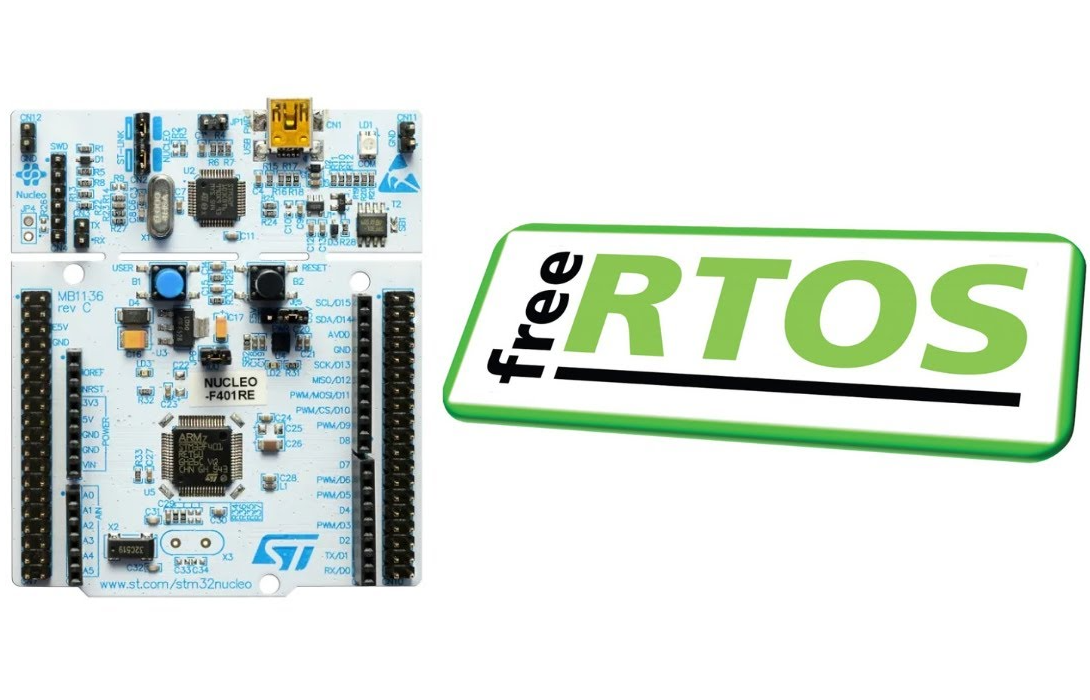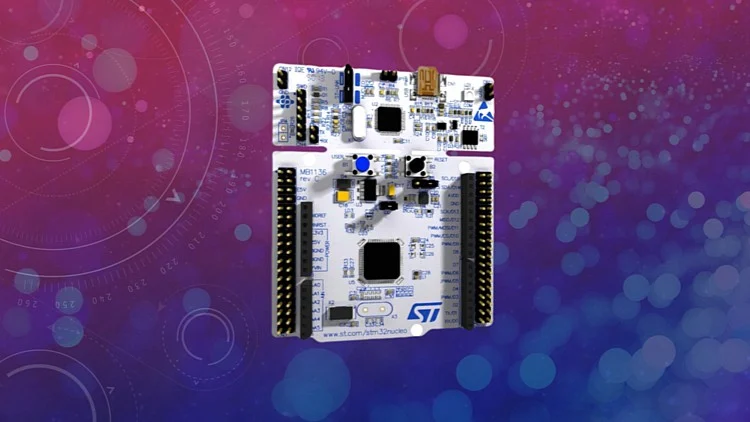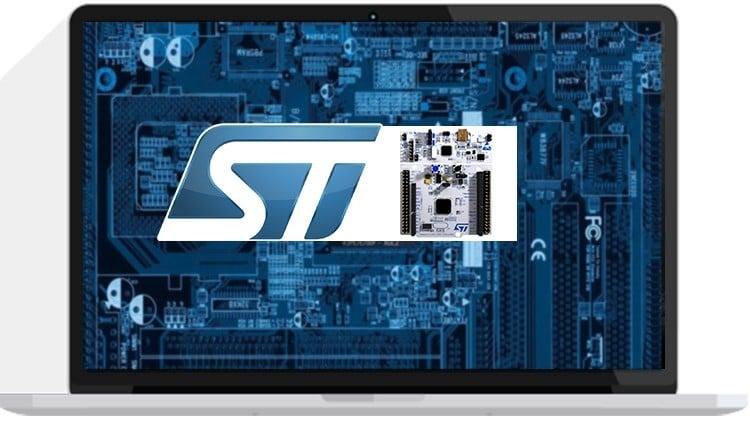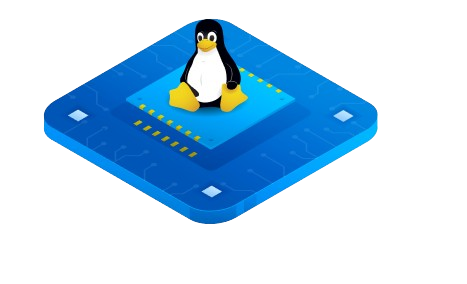FPGA design and implementation, combining theoretical foundations with practical experience!
FPGA design and implementation, combining theoretical foundations with practical experience!
Description
This course provides a comprehensive introduction to FPGA design and implementation, combining theoretical foundations with practical experience. Participants will learn key concepts of digital logic, FPGA architecture, and Verilog programming, progressing from basic design principles to real-world applications using the Vivado Design Suite. The course is ideal for those new to FPGA development, offering hands-on training for creating and implementing hardware designs.
The course provides experience with:
After completing this training, participants will be able to:
Ron Amir, admin of the EmbeddedMaker community, is an Electrical and Computer Engineer graduate from Ben-Gurion University, with extensive industry experience.
Exercise 1 – Binary System, Boolean Algebra, and Logic Gates
Exercise 2 – Sequential Logic and FSMs
Exercise 3 – FPGA Architecture, Design Flow, and Verilog Basics
Exercise 4 – Sequential Verilog, Implementation, and Debugging
The course includes
What will you learn
₪ 1,999.00 Original price was: ₪ 1,999.00.₪ 1,199.00Current price is: ₪ 1,199.00.
Share
More Courses who might intrest you...

קורס Linux Kernel Programming for Embedded System מקצועי, מקיף ומעשי שנולד בהייטק עבור מפתחים!

FreeRTOS Development on STM32 syllabus
קורס ייחודי, מקיף, מעשי ומעמיק שייקח אתכם לרמה הבאה בפיתוח על ST!

Drivers Development on STM32 Microcontrollers
קורס ייחודי, מקיף, מעשי ומעמיק שייקח אתכם לרמה הבאה בפיתוח Embedded עם ST!

C Programming on Bare-metal STM32 Microcontrollers
קורס מקיף, מעשי ומעמיק שייקח אתכם לרמה הבאה בפיתוח Embedded עם ST!

קורס Embedded Linux מקצועי, מקיף ומעשי שנולד בהייטק עבור מפתחים!
